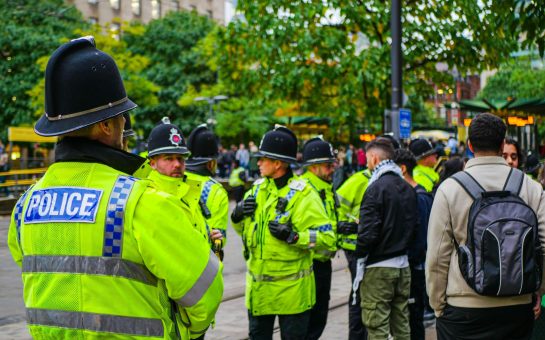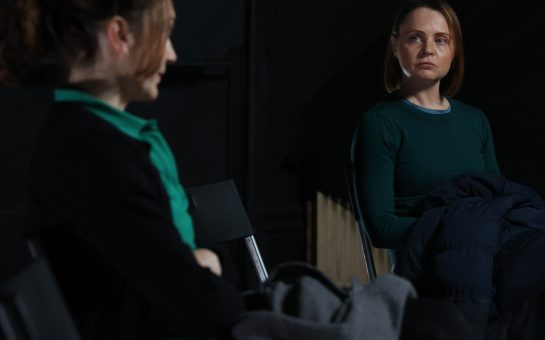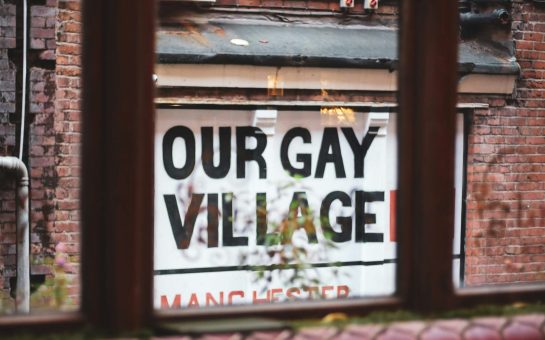With Greater Manchester Police reporting a chilling increase of more than 1,700 cases of domestic violence in the last year, MM looks at the often forgotten victims – men.
Latest figures show that GMP dealt with an overwhelming 60,464 cases of domestic violence in the year from September 2012 to September 2013, an increase of 1,715 cases on the previous year.
According to Women’s Aid, one in four women will be a victim of domestic violence in their lifetime, many of these on a number of occasions.
However, it is sometimes not as openly acknowledged that one in six men will experience domestic abuse too.
The Men’s Advice Line, a charity which offers advice and support for men in abusive relationships, reported that in 2013, they spoke to 4,517 callers and replied to 1,548 emails.
This was a 65% increase on the number of calls and a 15.4% increase on the number of emails the service in 2012.
In 2013, 2,591 callers were identified as victims, whilst only 126 callers were perpetrators.
The charity, whose ethos is to increase the safety of men experiencing domestic violence, is urging those being mistreating to come forward and end their suffering.
Ashley Grime, a support worker from St. Helens, said: “Not only women are abused in their relationships.
“Men are also subject to unnecessary violence, and whilst people think that a male is dominant and has more authority and power, sometimes it is in fact the woman who poses this status.”
Ashley, who works towards the improvement of the lifestyles of people within her local community, believes that there many ways around the general ignorance towards males affected by domestic violence.
“When a public campaign for domestic violence is released, perhaps male statistics should be provided too, to make the representation of the issue fair and accurate,” she added.
A spokesman for the Men’s Advice Line said more awareness is needed for society to understand that men can be domestic violence victims too.
He said: “Although more men ask for help as victims than ever before on the Men’s Advice Line, we still need to encourage men in both heterosexual or same sex relationships to access help and support when they experience domestic violence and abuse.
“There are historical and societal reasons as well as men’s own patterns of help-seeking and perceptions of themselves as strong and able to cope with difficulties on their own.
“The expectations placed on them make them less likely to want to seek help. There is also an issue of embarrassment that all victims (both male and female) experience.”
Women today endeavour to feel empowered and invigorated.
Men are equally as predisposed to violence as women, and this fact should not be forgotten.
Antasia Adam-Smith, a psychology student at the University of Manchester, felt very strongly that men, too, deserve to be recognised as victims and not just ‘strong, dominant males’.
She said: “There needs to be a far greater awareness surrounding domestic violence against men.
“Violence against any person – male or female- is wrong and I believe everyone has the right to feel safe and to feel there is somebody they can turn to if they find themselves in a position where their partner is abusive towards them.
“This will surely give them confidence to come forward and seek help, rather than suffer in silence. We need to tackle the issue.”
The extremities of domestic violence towards men were portrayed recently by the character of Tyrone in Coronation Street – a character poignantly portrayed by Walkden-born Alan Halsall.
The storyline emphasised the ever-growing concerns of domestic violence; making them apparent in reality.
Some women, despite stereotypes, do ‘wear the pants’ in relationships, and can often be deemed controlling and fierce.
Ms Adam-Smith, who believes more action needs to be taken to eliminate domestic violence, said: “Sadly, we still live in a society where gender expectations are placed on both men and women, with men expected to be the masculine, strong member of the relationship.
“This may lead to men believing that falling victim to domestic abuse indicates weakness, and thus they may be too embarrassed to seek the help they need.”
To seek help from the Men’s Advice Line call free on 0808 801 0327 or log onto www.mensadviceline.org.uk
Picture courtesy of Jack Amick via Flickr, with thanks.



